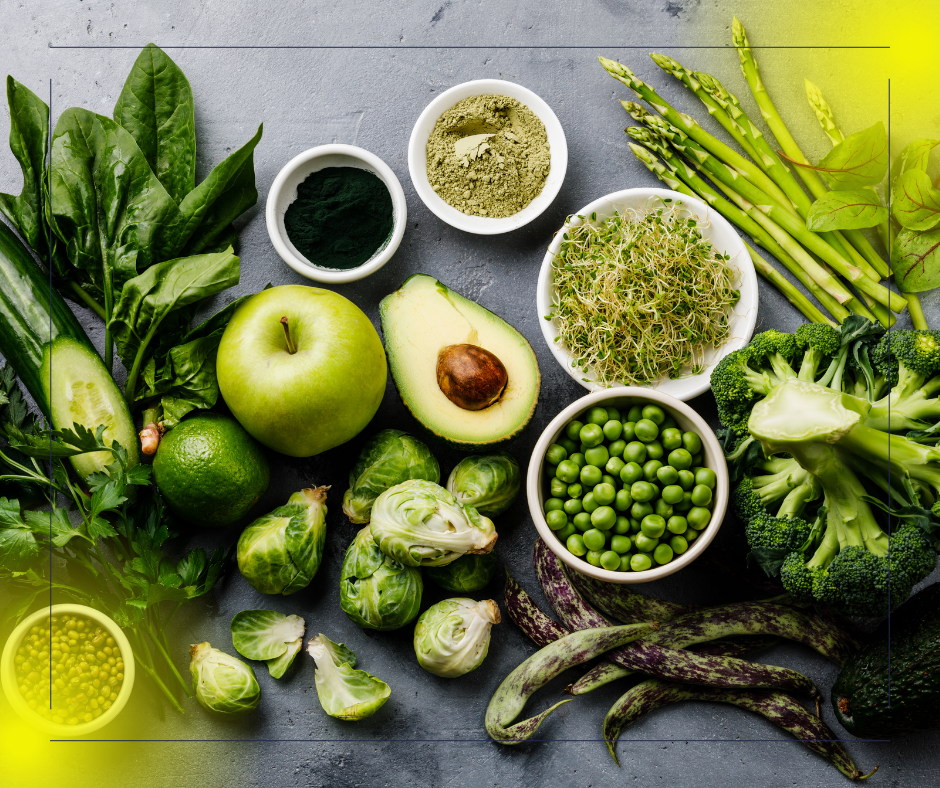In today’s food landscape, being mindful of where your food comes from is paramount for maintaining optimal health. Many of you may be familiar with the renowned Dirty Dozen list, compiled annually by the Environmental Working Group (EWG). This list sheds light on produce items that tend to absorb higher levels of pesticides and toxins, thereby making them less desirable choices if not grown organically.
Leafy greens such as kale, spinach, and collard greens often find themselves at the forefront of this list due to their susceptibility to pesticide absorption. For those contemplating a salad at a restaurant, it’s crucial to pause and inquire about the sourcing of the ingredients. Opting for certified organic greens not only helps mitigate exposure to pesticides but also ensures that you’re making a healthier choice for yourself and your loved ones.
Alternatively, selecting dishes prepared with ingredients from the Clean 15 list, also curated by the EWG, offers a safer option. It’s important to recognize that many pesticides can act as endocrine disruptors, potentially leading to a myriad of health issues including infertility, miscarriages, and birth defects. Some pesticides have even been linked to an increased risk of cancer, while others may affect the nervous system, resulting in headaches, dizziness, and tremors. Long-term exposure to pesticides has been associated with neurodegenerative diseases like Parkinson’s and respiratory issues such as asthma. Additionally, pesticides may weaken the immune system, rendering individuals more susceptible to infections and illnesses.
To mitigate these risks, prioritizing organic produce whenever feasible is paramount. Thoroughly washing fruits and vegetables before consumption can also help remove residual pesticide residues. Furthermore, advocating for stricter regulations on pesticide use and supporting sustainable farming practices are essential steps in safeguarding public health and the environment.
While organic produce may occasionally come with a slightly higher price tag than conventional options, the investment is justified by the myriad benefits of organic farming practices. These include reduced pesticide exposure, improved soil health, and the promotion of sustainable agriculture. As the organic market continues to expand and evolve, consumers can anticipate more affordable options and increased accessibility.
Ultimately, being well-informed about the Dirty Dozen list and making conscious decisions regarding food choices can significantly contribute to a healthier lifestyle and reduce exposure to potentially harmful substances. By empowering ourselves with knowledge and making informed choices, we can nourish our bodies while supporting a healthier planet for generations to come.
